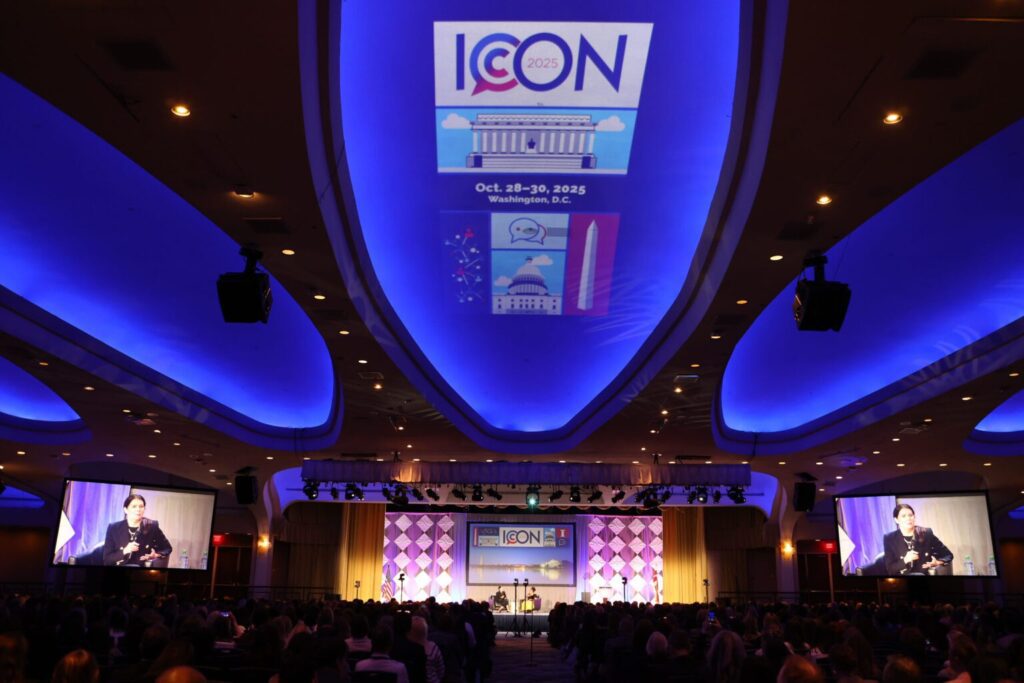Simon Marketing, Los Angeles, in March sued three accounting firms for breach of contract and negligence. The suit blames the firms for the security breach that let the agency’s own director of security, Jerome Jacobson, embezzle $20 million-plus worth of McDonald’s gamepieces (October 2001 PROMO).
Meanwhile, Simon and McDonald’s await court dates for their competing suits (December 2001 PROMO). Former client McDonald’s accused Simon of fraud and breach of contract (among other charges). Simon countersued that the fast-food giant pegged its shop as sole scapegoat for the fraud. Responses were due by mid-May.
Simon’s new suit, filed in Los Angeles Superior Court on April 3, blames KPMG, PricewaterhouseCoopers, and Ernst & Young for failing to oversee the printing and distribution of the stolen gamepieces. The breach allegedly was the fault of one woman who worked for all three firms over five years, taking the Simon job with her. The suit charges that the auditor failed to supervise the gamepiece seeding process.
Simon’s security protocol called for the accounting firm rep to accompany Jacobson (on behalf of Simon) and a rep from printer Dittler Brothers at the press runs. The accountant — an independent auditor — was supposed to travel with Jacobson to regional publishers and distribution centers for seeding in FSIs and on packaging.
The Department of Justice never charged the accounting rep, although it has arrested 51 people. “The FBI concluded that she was an idiot, but [that] she didn’t defraud anyone,” says Simon counsel Tom Girardi, partner at Girardi & Keese, Los Angeles. “Our investigation shows that, many times, winning gamepieces were in Jacobson’s possession rather than in the hotel safe or the possession of both [Jacobson and the accounting rep]. “The suit says the accounting rep sent periodic letters to Simon confirming that she inspected gamepiece layouts, observed the printing process, and oversaw seeding.
Jacobson pleaded guilty in April and was ordered to repay $13.4 million to McDonald’s: he could be sentenced to up to 15 years in prison.
The suit says Ernst & Young and PricewaterhouseCoopers, both New York City, worked with Simon from 1988 to January 2001; Simon retained KPMG, New York City, from January-August 2001.
“The procedures for ensuring the integrity of the game were designed and performed by Simon Marketing. We were never involved in [that],” says KPMG spokesperson Bob Zeitlinger. “We were engaged only last year at a time when [the FBI] knew the integrity of the game was compromised; the authorities never brought this to our attention.”
PricewaterhouseCoopers calls the suit “totally without merit. We intend to defend our position vigorously,” per spokesperson Steven Silber. Ernst & Young is even more certain: “We have no idea why we are named in this suit, because we’ve never done any work for [Simon],” contends spokesperson Les Zuke.




